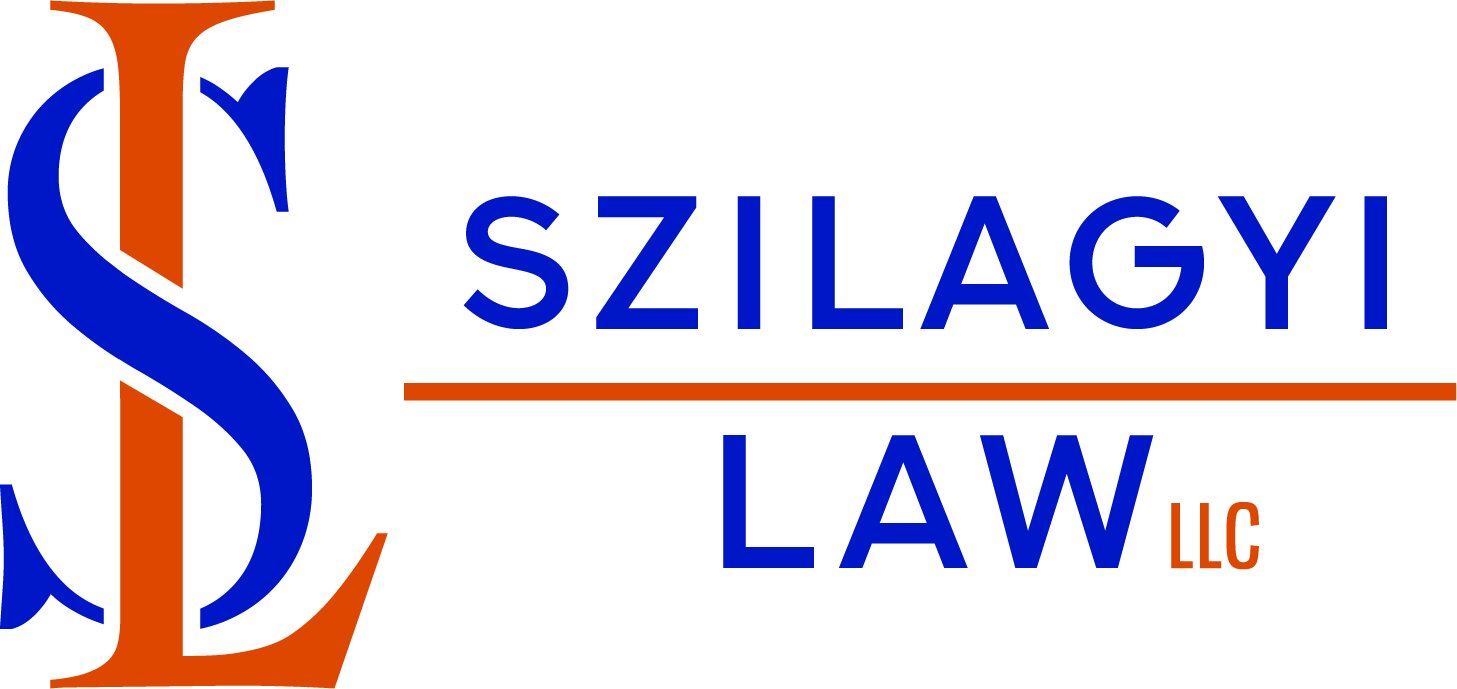The 2 Kinds Of Licenses Available After A DUI Conviction
Where One Word Makes A World Of Difference
Losing one’s driver's license is a common consequence for those convicted of a driving under the influence (DUI) offense in Pennsylvania. Whether the DUI involved an accident, caused any physical injuries, a driver’s blood alcohol content (BAC), or if the driver has any prior DUI convictions, all affect the length of a driver’s license suspension, as well as related criminal penalties.
For those with demanding careers or families, being unable to drive for any significant amount of time can be a real source of hardship. A driver's license suspension could put someone's job at risk and drastically increase the costs or time associated with basic household responsibilities. There are two different licenses potentially available to those convicted of a DUI in Pennsylvania, and many people (understandably) have a hard time telling the difference.
An ignition interlock license (IIL)
It has become common practice for the courts to slowly transition someone back to driving privileges after a DUI conviction. An ignition interlock license is the first license someone can secure after completing their suspension or revocation period. There is no way to obtain this license during the period of time when your driving privileges have been suspended or revoked.
Even a first-time DUI might lead to the courts requiring that someone install an ignition interlock device (IID), sometimes called a “blow and go,” in their vehicle, and that they only drive vehicles with such devices installed. These devices prevent a vehicle from being operated unless the driver blows into a mouthpiece that confirms there is no alcohol in the driver’s breath test sample. Should a driver have alcohol on their breath, the vehicle won’t start.
An ignition interlock limited license (IILL)
Given that the courts are aware of how losing driving privileges can create financial strain and hardship for individuals and members of their immediate family, it makes sense that there is an option available to some individuals convicted of a DUI offense in Pennsylvania. During what should be their period of suspension or revocation, some motorists can qualify for an ignition interlock limited license.
Technically, these individuals still have a suspended license, but they can use their vehicle if the vehicle is equipped with an IID and they’ve been issued this special license. There are no restrictions on where and when someone can operate a vehicle if they’ve been issued the IILL, but those with the special license may only operate their vehicle installed with the “blow and go.”
Confusion arises (understandably)
It is very easy for people to confuse these two different licenses, especially considering that they have identical names, save one word. This confusion can often lead to drivers applying for the wrong license or applying for the correct license by submitting the wrong application or application fee. The Department of Transportation (DOT) often has no problem denying applications with errors while also still cashing the check sent along with the improper application(s). Oftentimes, those that make errors when seeking the IILL or an interlock license after a DUI conviction will simply lose those funds and restart their application process.
Seeking legal guidance when responding to DUI charges and their licensing consequences may, therefore, help Pennsylvania motorists to get this matter “right the first time,” and limit the lasting consequences of a DUI conviction. Contact Szilagyi Law LLC today for help with any DUI-based licensing inquiries and for all of your legal defense options.
The information provided on this page is for informational purposes only and does not constitute legal advice nor does it create an attorney-client relationship.
